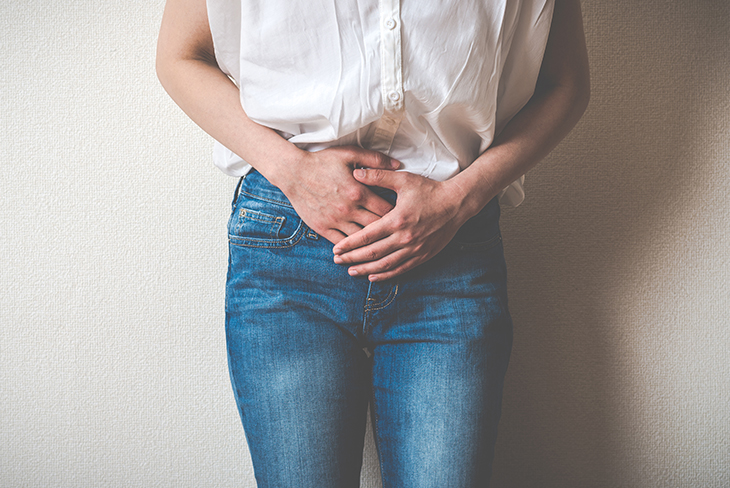Get to know your gut

Our gut bacteria play important roles. They help metabolise nutrients from food and medication, protect your gut against intestinal infections and even produce vitamin K, which plays a role in blood clotting. Dr James Garisch, a gastroenterologist at Life St George’s Hospital in Port Elizabeth, says that integration between the gut, its bacteria and the body is key to understanding the effect of this singular organ on the overall health of our bodies. Here he takes us through the ins and outs of our gut bacteria.
Where do gut bacteria come from?
‘Gut bacteria enter the intestine of the newborn baby through the birthing process, and thereafter whatever enters the mouth through touch and feeding will make an imprint on the colonisation of the gut so that every individual has their own microbial footprint. It’s very important for a child to have exposure rather than to be sheltered from the bacteria in their environment,’ says Dr Garisch.
How does gut bacteria become unbalanced?
‘Gut bacteria become unbalanced due to conditions such as starvation and a lack of nutrition, or exposure to substances and chemicals – like antibiotics or steroid therapy – that affect the bacteria directly. Gut bacteria are very sensitive and can be easily disrupted, but can as easily recover,’ says Dr Garisch.
Dr Garisch says that symptoms of a gut bacteria imbalance could include:
- A foul odour, either through halitosis (bad breath) or passing wind
- Diarrhoea or loose stools
What’s the difference between probiotics and prebiotics?
Dr Garisch says that probiotics are live microorganisms that can give your gut a boost of healthy bacteria. They can be found in foods such as fermented milk and yoghurt, which contains a natural probiotic called lactobacillus. You can also get probiotics in the form of supplements from your local pharmacy.
Prebiotics are indigestible dietary substances (like fibre) that lead to a positive influence on native beneficial microbes (your natural gut bacteria). They are mainly used in food ingredients, cereals, chocolate and dairy.
When should you use probiotics and prebiotics?
‘The clinical practice of who should get probiotics and who should not is very complicated. For good gut health, you must be exposed to various prebiotics, such as fibres in cereals, vegetables and fruit,’ says Dr Garisch.
Probiotics are beneficial to children with diarrhoea. In healthy adults, probiotics can help those who get traveller’s diarrhoea. With current practice, they are often prescribed along with antibiotics.
Gut microbiome making you sick?
Dr Garisch says faecal transplantation could help. It is a procedure where people have their own bacteria wiped out by introducing a whole new set of gut organisms. Donor stool is prepared and introduced into the patient’s gut.
This procedure seems to hold great promise for many problems, particularly in patients who have been colonised by bad bacteria that are no longer influenced by antibiotics.
Keep your gut in check
Consistency is key
Stool resembling the consistency of soft serve is the gold standard – this means your gut’s working as it should.
Spoon up some yoghurt
Because bacteria have fermented the lactose in yoghurt, it’s suitable for lactose-intolerant individuals. So dish up a helping of probiotic goodness.
Eat a balanced diet
‘The human physiology is extremely adaptable. People generally eat what is available to them. You can’t say what is good for the goose is [necessarily] good for the gander. Mix your diet. Eat as much fresh food as possible. Have all things in moderation. But fatty foods are not good for gut health,’ says Dr Garisch.
The information is shared on condition that readers will make their own determination, including seeking advice from a healthcare professional. E&OE. Life Healthcare Group Ltd does not accept any responsibility for any loss or damage suffered by the reader as a result of the information provided.

